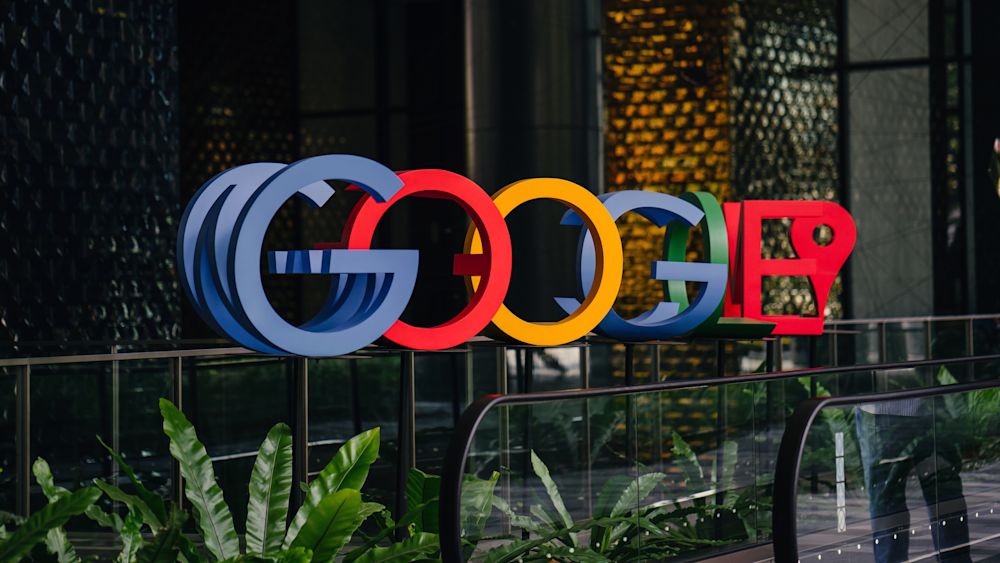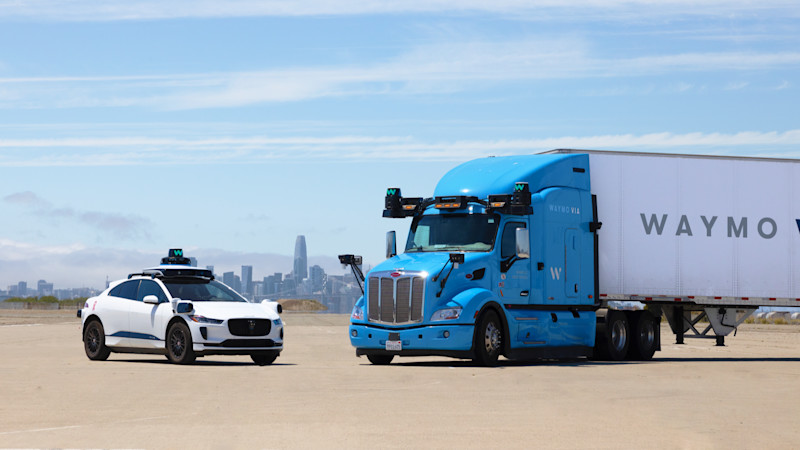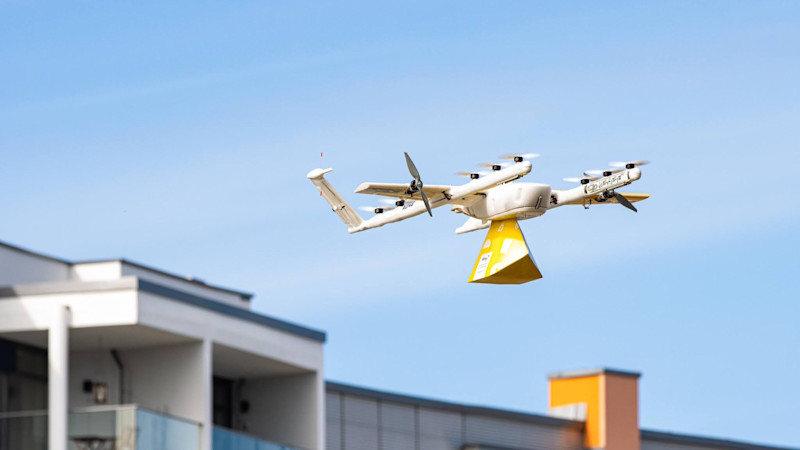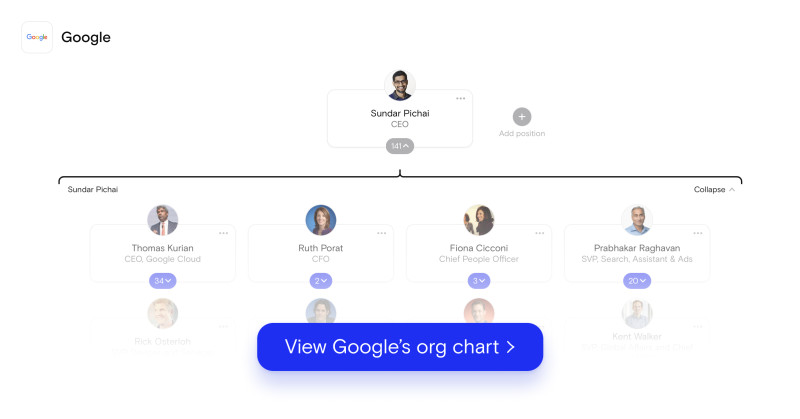Table of contents
Google is synonymous with searching for information online, but it has so much more going on. We’ve pulled together a list of some of the largest and most innovative ventures owned by the tech giant.

Its name is synonymous with searching for information online, but Google has so much more going on.
The tech giant was founded in 1998 by Sergey Brin and Larry Page. The company’s humble beginning in a garage in Menlo Park, California seems like a distant memory as it now has offices around the world including its main campus in Silicon Valley.
In 2015, Google restructured itself to create a holding company called Alphabet to simplify its structure, promote accountability, and give its business units more autonomy.
Over the years Alphabet and Google have entered into new markets and strengthened its position in existing ones through a variety of acquisitions. This tactic, which allows the titan to plug knowledge gaps and stay ahead of competitors, has led it to make hundreds of acquisitions, some of which you have heard of, and many of which you haven’t.
In addition to its host of acquired companies, Google has a roster of successful internal ventures that have been spun out of its moonshot factory, called X.
So what are these companies that are housed under Alphabet and Google’s corporate umbrella? We’ve pulled together a list of some of the largest and most innovative ventures owned by the tech giant.
FitBit
Fitbit is one of Google’s largest and most recent acquisitions. The wearable fitness tracker company was bought in 2019 for $2.1 billion. Google completed the deal in January 2021 and will be able to leverage the company’s vast industry knowledge and brand recognition to boost its presence in the wearables market.
Waymo
Waymo is Google's bet on self-driving vehicles and the robo-taxi market. Founded in 2009, Waymo is led by Co-CEOs Tekedra Mawakana and Dmitri Dolgov, who took charge in April 2021. Waymo's autonomous vehicle platform is currently in use in Arizona as part of a public robo-taxi service. The company has also partnered with Daimler to develop an autonomous driving system for commercial trucks.

YouTube
YouTube got its start in 2005 and joined Google in 2006, when it was acquired for $1.65 billion. The social video platform has grow beyond its initial scope and now offers music streaming and a subscription TV streaming service. This diversification is paying off and in 2020, YouTube as a company reported revenues of almost $20 billion.
Waze
Waze joined the Google family in 2013. The GPS navigation app was founded in 2006 and quickly distinguished itself through user-submitted travel times and route details, including upcoming hazards, traffic cameras, and police.
Verily
Verily emerged out of Google's moonshot factory in 2015 and was initially called Google Life Sciences. The venture works on healthcare and disease prevention research and is currently focusing on identifying diseases and improving user experience for patients. Recently, the company suffered a setback when its wrist-worn device designed to track changes in the motor skills of clinical trial subjects with Parkinson's disease was rejected by the FDA.
Wing
Wing is another brainchild of the mooshot factory and aims to make drone delivery standard in the logistics industry. The company, whic is led by CEO Adam Woodworth got its start in 2012 and was spun out into an independant company in 2018. Currently, the company works with partners like Doordash to bring drone food delivery to a town in Virginia as part of a first step.

DeepMind
DeepMind is a British firm founded in 2010 that focuses on artificial intelligence research. Google acquired the company in 2014 for over $500 million and has used the company’s AI specialty to improve its own products, including its search engine.
Calico
Calico is a biotech company founded in 2013 with backing from Google. The company has the goal of understanding the biology of aging and combating age-related diseases. In February 2021, Calico and AbbVie announced two clinical-stage programs related to immuno-oncology and neurodegeneration. The companies also revealed over 20 active programs in discovery or preclinical development in age-related diseases.
Sidewalk Labs
Sidewalk Labs is changing the way we think about technology's role in urban design. In 2019, the company inked a deal to transfrom an area in Toronto with its futuristic designs and technology, however, the project was scrapped in 2020. More recently, the compmany has launched a sensor that is designed to help cities improve parking and curb management by detecting if a parking spot is availible or not.

GV
GV, once called Google Ventures, is Alphabet's early-stage venture arm. GV, which has over $5 billion under management and 300 active portfolio companies. Among its most notable investments are Uber, Lime, Slack, Medium, Lemonade, and StockX.
CapitalG
CapitalG, formerly known as Google Capital, is the company's independent growth equity investment fund. The firm has over $3 billion under management supporting portfolio businesses like Duolingo, Robinhood, and Stripe.
Sign up now: Stay up to date and explore the world's largest database of public org charts.


